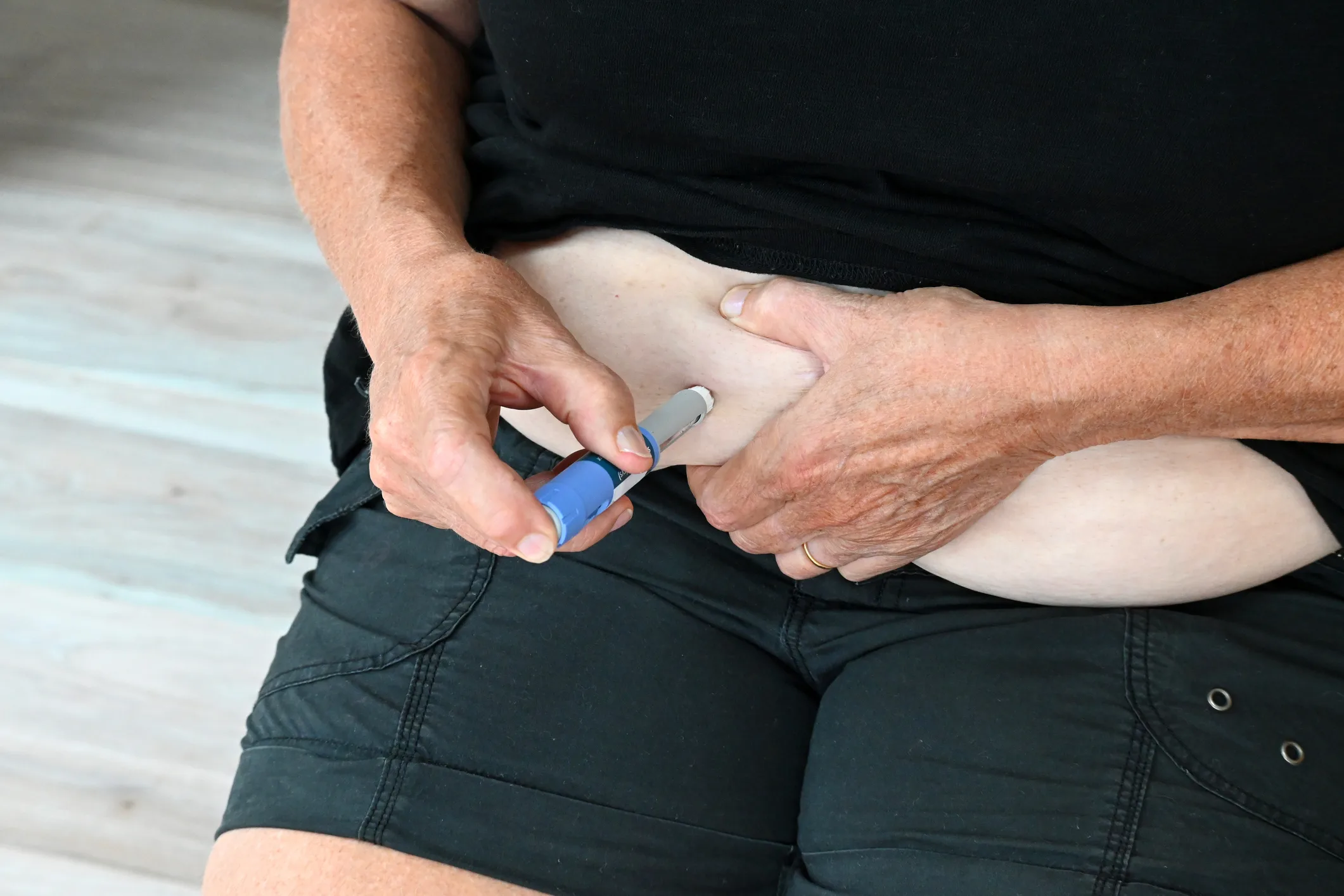For decades, the humble egg has been unfairly vilified. With its famously high cholesterol content, eggs were put on trial for potentially raising our own cholesterol levels and, in turn, increasing our risk of heart disease. But what if everything we thought we knew was wrong? A new study is cracking the case wide open, suggesting it’s not the egg you should be worried about, but what you serve alongside it.
The Surprising Science of Eggs and Cholesterol
A recent study published in The American Journal of Clinical Nutrition looked closely at the difference between dietary cholesterol—the kind found in eggs—and LDL cholesterol—the “bad” kind that contributes to heart disease. The results might surprise you. Researchers found that a diet including two eggs a day actually lowered LDL levels when paired with a diet low in saturated fat.
According to lead researcher Jon Buckley, the problem has never been the egg itself. “Eggs are unique—high in cholesterol, yes, but low in saturated fat,” he said. The study’s most compelling finding was that high dietary cholesterol from eggs, when eaten as part of a low-saturated fat diet, does not raise bad cholesterol levels. What did raise LDL cholesterol? Saturated fat intake.
To prove this, researchers put a group of adults on one of three diets. One group ate two eggs a day as part of a high-cholesterol, low-saturated fat diet. The second ate a low-cholesterol, high-saturated fat diet with no eggs. The third was a control group. After five weeks, the two-egg diet actually lowered LDL levels compared to the control group. The real culprit for elevated cholesterol, according to Buckley, was the saturated fat.
More Than Just a Heart-Healthy Meal
As if defending the egg’s heart-health reputation wasn’t enough, new research suggests eggs may also be a powerhouse for your brain. A 2024 study found that people who ate at least one egg a week had a 47% lower risk of developing Alzheimer’s disease compared to those who ate eggs less than once a month.
Much of this benefit is attributed to choline, a vital nutrient found in eggs that plays a key role in brain health. Choline is essential for brain development in infants and children and has been linked to improved cognitive function in adults. As one of the few commonly consumed foods naturally rich in this nutrient, eggs are a simple and delicious way to get more choline into your diet.
A Hard-Boiled Defense
So, the next time you’re planning a cooked breakfast, take a good, hard look at your plate. It’s not the eggs you need to worry about—it’s the bacon, sausage, and other sources of saturated fat.
This new research delivers what Buckley calls “hard-boiled evidence in defense of the humble egg.” It’s a reminder that not all dietary advice stands the test of time, and that the foods we’ve been told to avoid might actually be a crucial part of a healthy, balanced diet.
Source:











